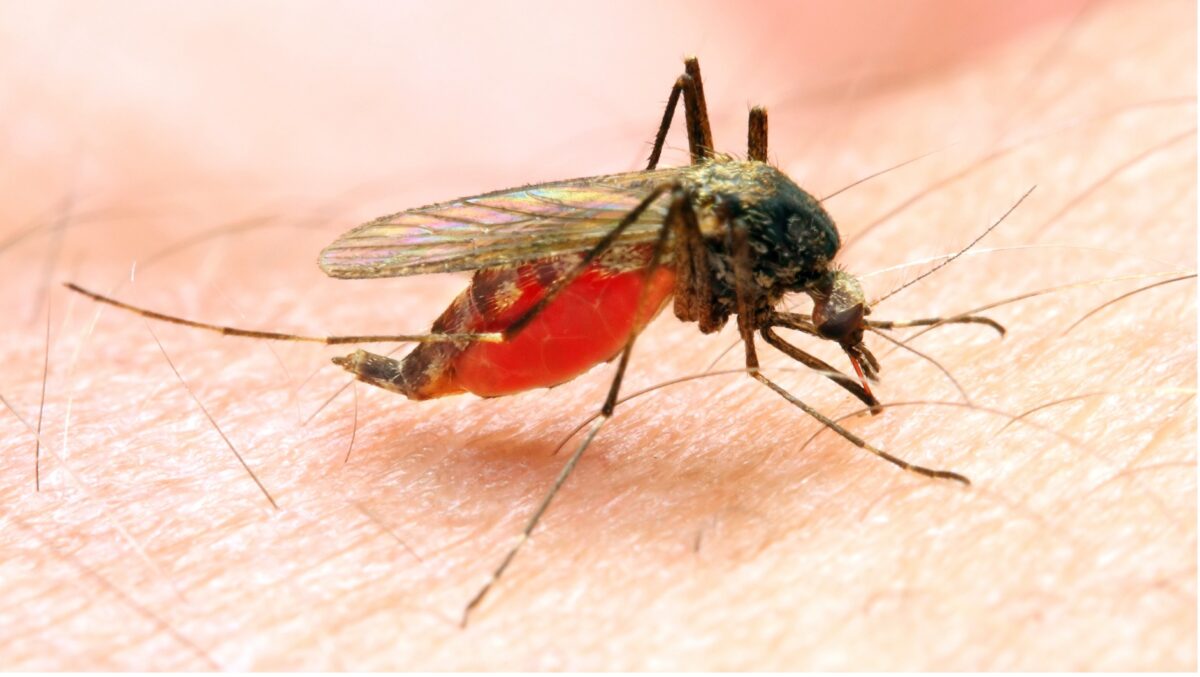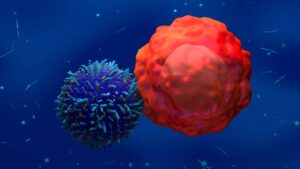‘World first’: AdAlta’s i-body platform a breakthrough for malaria treatment

AdAlta’s i-body platform could provide breakthrough in malaria treatment. Pic: Getty Images
Special Report: AdAlta, in collaboration with La Trobe University, has made a world-first breakthrough using its i-body® platform which could provide potential new treatments for malaria.
Clinical stage drug development company AdAlta (ASX:1AD) and La Trobe discovered a new i-body®, believed to be the first ever antibody-like molecule capable of protecting red blood cells and liver cells against invasion by various strains of the malaria parasite.
1AD says the discovery demonstrates the versatility of its trademarked i-body® platform, used to discover, and develop next generation protein therapeutics, potentially opening new avenues to malaria treatment.
i-bodies are unique human proteins combining advantages of small molecules for size and stability and antibodies for high affinity and specificity creating new treatment options for certain illnesses.
Malaria disease burden significant
Malaria is an illness of the red blood cells transmitted through a bite of mosquitoes carrying the infection. If not treated, malaria can occasionally result in a fatal outcome.
According to World Health Organisation’s latest World Malaria Report there were 247 million cases of malaria in 2021 and 619,000 deaths.
The report says malaria continues to challenge not just developing countries where it is endemic, but also travellers, aid personnel and military personnel visiting these regions.
In 2023, the US reported the first locally acquired malaria cases in 20 years, while Johns Hopkins University noted that conditions are becoming more favourable for malaria transmission.
Locally acquired cases have been reported in EU since 2021.
Strain variation creates challenges for malaria treatment
1AD says AMA1 is a malaria protein that is critical to enabling invasion of malaria parasites (primarily Plasmodium falciparum) into red blood cells and, at a different stage of their lifecycle, liver cells.
AMA1 is a major vaccine candidate and a target of immunotherapy. However, a key challenge in developing therapeutics or vaccines against AMA1 is the high degree of variability of parts of the AMA1 protein from strain to strain and over time.
To date there has been no AMA1 antibody developed that both recognises all strains of Plasmodium and is a strong inhibitor of invasion.
1AD says through a long-term collaboration with the La Trobe University laboratory of Professor Mick Foley, who is also 1AD’s founding chief scientist, challenges with the AMA1 protein have been overcome.
The company says i-bodies that bind with high affinity to a region of AMA1 that is conserved or constant across all Plasmodium strains has been discovered.
In in vitro studies, multiple plasmodium strains have been shown to bind the lead i-body equally or more tightly than the natural receptor of AMA1.
Further, the lead i-body was shown to inhibit multiple strains from invading human red blood cells (merozoite stage) and liver cells (sporozoite stage), interrupting the parasite life cycle at two different stages.
The results have been published in pre-print form pending peer review. 1AD has filed new intellectual property protecting this invention.
La Trobe and 1AD are now seeking collaborators and evaluating grant funding opportunities to further explore potential of the malaria discovery.
World-first discovery
Foley says the discovery is a world-first outcome, representing the first high potency antibody-like molecule capable of such pan-strain (multi-strain) efficacy.
“We believe we have delivered a world first here,” Foley says.
He says until now, no antibody-like molecule has combined the ability to bind strongly to multiple strains of malaria parasite with high potency killing.
“This variability between strains has plagued all previous attempts to produce a single antibody that can inhibit parasite invasion,” he says.
“When combined with protecting cells from invasion at two different life cycle stages of the parasite, the new i-body confers the real possibility we may be able to bring forward a new approach to treating malaria.”
CEO and managing director Tim Oldham the results show the value of the company’s long-standing collaboration with La Trobe University.
“We congratulate Prof Foley and graduate student Dimuthu Angage on these results,” he says.
“These outcomes once again demonstrate the versatility and power of the i-body platform to address drug targets and diseases that challenge traditional antibody approaches.
“This breakthrough finding in malaria is in quite a different target class and therapeutic area from our other programs, adding further value to our intellectual property portfolio and another asset with commercial potential.”
Finishing 2023 in strong position
The latest breakthrough adds to multiple opportunities opening up for 1AD as a milestone 2023 for the company comes to an end.
1AD’s planned Phase 2 trial of its lead asset AD-214 in Idiopathic Pulmonary Fibrosis (IPF) was recently boosted after its Phase 1 extension clinical study reinforced the safety profile and potential efficacy of the 10 mg/kg dose.
1AD is looking at partnership opportunities for AD-214 to progress to a Phase 2 trial and has been in discussion with a wide range of companies.
This article was developed in collaboration with AdAlta, a Stockhead advertiser at the time of publishing.
This article does not constitute financial product advice. You should consider obtaining independent advice before making any financial decisions.
Related Topics

UNLOCK INSIGHTS
Discover the untold stories of emerging ASX stocks.
Daily news and expert analysis, it's free to subscribe.
By proceeding, you confirm you understand that we handle personal information in accordance with our Privacy Policy.








